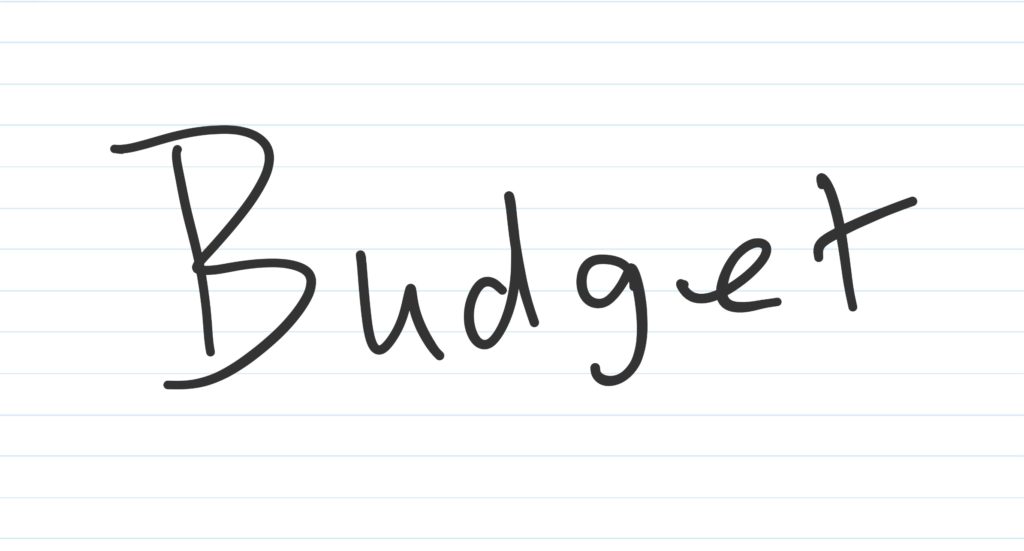Budgeting 101: How to create a simple budget
First, let me get this out in the open before we continue. This is not the way that I budget my personal or business finances. I use a very different method for my financial management. I will cover what I do in another blog post. This information is for the beginning budgeter that needs to get a grip on their money and needs some simple but effective steps to get them heading in the right direction.
Welcome to Budgeting 101. If you are having a hard time managing your money or just need to get some type of game plan going so you can worry less and be that organized person everyone wants you to be, then this is for you.
The steps are easy to follow they are:
- Write down all of your expenses and total them up.
- Write down all of your income and total them up.
If your income is a bigger number than your expenses number, then you are in good shape.
If your expenses number is bigger than your income number then we have a small problem that we need to address right now.
If your expenses are bigger than your income you will need to reduce your expenses. Look at your list of expenses and see where you can cut back on some spending. Can you remove a streaming subscription and save $15 a month, can you remove some premium channels from your cable service and reduce the bill by $20 or $40 per month? I find it is easier to adjust a fixed bill and make a real difference on the bottom line than it is to just cut back on my morning coffee at Starbucks or skip a few breakfasts during the month.
In my opinion, it is ok to reduce a fixed bill and not feel the pain of the reduction versus sacrificing on the random little pleasures that help you get through the day and months of your life.
Ok, so now that you have reduced some of your fixed bills you should be looking a lot better than before. If your income is now bigger than your expenses, then you are done. The point was to make sure you have enough money every month to handle your bills, and now you do.
If you want to automate your bill-paying, then you can make sure all your bills are set to autopay themselves from your bank account. Just make sure you always have the money in your bank account. If you want to pay your bills the old fashion way, manually, then you will need to grab a calendar and place all your bills on the calendar so you can keep an eye on them and never miss a bill’s due date. This will require you to check the calendar every week just to make sure you always know what is happening with your bills.
So, to recap.
- You need to know your expenses.
- You need to know what your income is.
- You should reduce any bill that can be reduced.
- You need to know when the bills are due.
- You should make sure that they are paid on time. Every time.
Remember this is just the starting point for a beginner. The game of money management can be more complicated and have several moving parts.

Leave a Reply